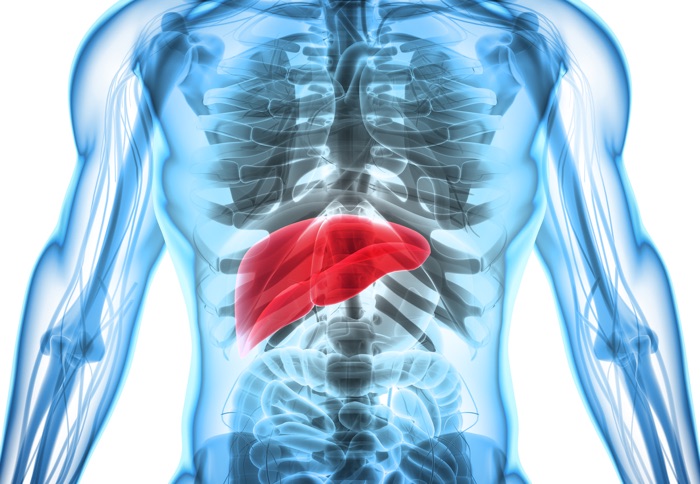Dr. Jason Shumard, D.C.
Receiving a diagnosis and understanding that you have a thyroid problem is one thing, but knowing the root cause of your thyroid condition is another. The only way to overcome your condition is to address the causes first.
Thyroid replacement therapy can do the trick when it comes to quick fixes, but conventional treatment methods will do nothing to address the underlying cause.
Enter functional medicine. Utilizing the functional medicine approach to disease treatment will help you uncover what’s really keeping you from becoming healthy.
So without further ado, here are four hidden causes behind your thyroid dysfunction.
1. Your Liver
You know that your liver is one of the most important organs in your body, but what does it actually do? The liver is responsible for transporting thyroid hormones and is the central location for T4’s conversion into free T3. Because of this chemical conversion, which is vital to thyroid function, anything that impedes liver function will also alter your thyroid function. Additionally, the liver is the prime location for your body’s detoxification, so if your body is overrun with toxins as a result of
- Alcohol consumption
- Medications
- Heavy metal exposure
- Environmental pollutants
- Harsh chemicals
Your liver may not be efficiently performing the T4 to T3 conversion.

2. Your Gut
Similarly to your liver, the gut plays an essential role in the conversion of your active thyroid hormone. If there is any damage to your gut tissue, this conversion will undoubtedly slow down. It’s very common for intestinal damage to result in malnutrition, autoimmunity, and other low thyroid function symptoms.
Making sure your gut is healthy is a critical step in overcoming your thyroid dysfunction.

3. Stress
When you experience stress, the adrenal glands secrete cortisol, a glucocorticoid. Cortisol excites the body and prepares you to deal with the stressor whatever that may be. In instances where stress is acute, cortisol reduces inflammation and suppresses the immune system.
In instances of chronic stress, however, the body becomes inflamed. The cortisol works to utilize your body’s resources, which are used in the T4 to T3 conversion. Stress also harms the liver, as it inhibits its capacity to filter toxins and convert T4 to T3.

4. Medications, Toxins, Fluoride, and Metals
We are constantly exposed to environmental toxins through our food, air, water, and general environment. There are a few toxins, however, that are known to damage the thyroid. These include
- Chemical byproducts of jet fuel known as perchlorates, which can make it into the water we drink, block the thyroid from absorbing iodine.
- Pesticides we use on agricultural products.
- Vaccines, dental fillings, paint, and deodorant that include heavy metals in the ingredients.
- Medications that hinder TSH production such as glucocorticoids, dopamine agonists, or somatostatin analogs.

Listen to Your Thyroid
Thyroid hormone is essential to the proper functioning of processes that deal with
- sleep
- mood
- energy
- weight
- skin
- hair
- bowel movements
- nail growth
Because the thyroid is a prime factor in some of the most important processes in your body, it’s important that you understand your body’s needs. This means that, in order to understand your illness, you should work with a functional medicine practitioner who can offer you comprehensive testing, proper diagnoses, and individualized treatment plans.